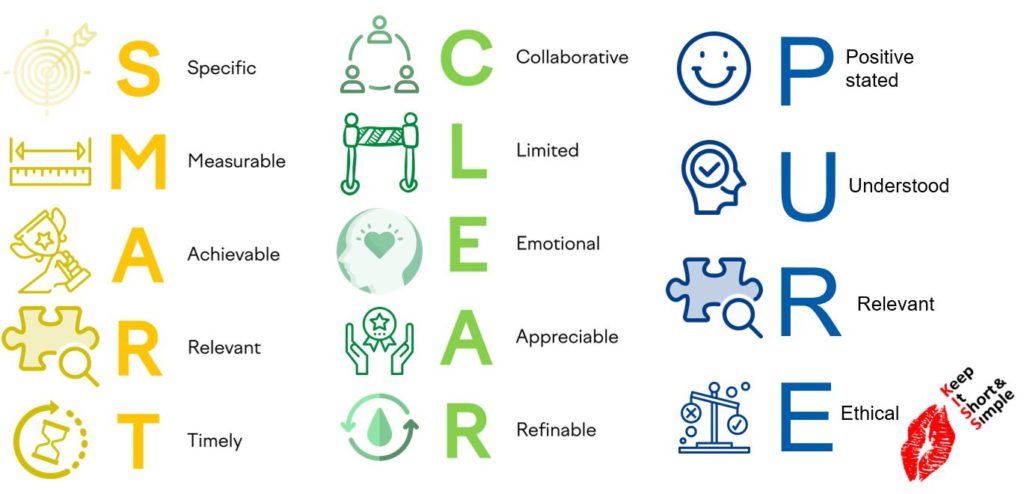Today’s quote comes from Lao Tzu: „In flowing water, one cannot see one’s own reflection, but in still water, one can.“
In flowing water, we can only discern vague outlines or shadows of our faces—what we see is not personalized or distinct; it could belong to anyone. Each of us processes our experiences, both consciously and unconsciously, reflecting on our actions and those of others. When a day is hectic and relentlessly scheduled, the surrounding chaos makes it difficult to recognize our own contributions, hindering our opportunity for learning and personal growth.
Nevertheless, our subconscious is at work, attempting to make sense of uncomfortable situations. If we fail to take the time to reflect and think calmly about what has happened—what our role was and how we interpreted the situation—we risk allowing our subconscious to draw its own conclusions. We strive for consistency in our reactions, wanting to appear logical and coherent to ourselves. This means we often deflect negative behaviors and attribute them to others.
Recognizing our own part in a situation requires stillness and reflection. Without this, projection occurs: we transfer our own behaviors that contributed to a challenging situation onto others. This can only happen when the waters are turbulent, obscuring the contours of our own actions.
A valuable exercise for reflection is the Five Finger Method:
- Thumb: What have I learned from this?
- Index Finger: How did I represent my own goals? Did I understand the goals of others?
- Middle Finger: How did I feel? What emotions did I experience?
- Ring Finger: How did I support or help the other person?
- Little Finger: What have I done for myself? Was I truly present?
As we navigate the complexities of our interactions, let us strive to find those moments of stillness that allow for deeper reflection. How can you create space in your life to recognize your own contributions and foster personal growth?





